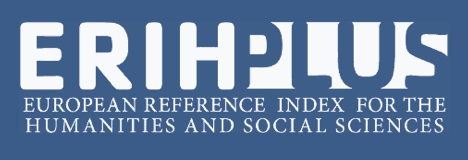Daily Activities Management Information System of Koglam-Sangaram Village: The Self-Sufficiency Economy Village Model of Pid-Thong-Lang-Pha Project
Abstract
The objectives of this research were to study daily activities and information needs of a self-sufficiency
economy village named Koglam-Sangaram, which leads to system analysis to design and develop management information
system. This research was the participatory action research of the local community. The sampling technique used in the
research was purposive sampling. The participants were two heads of village, staff of Pid-thong-lang-pha project, and 22
agents from 11 occupational groups. The data collection techniques used were an in-depth interview, community-based
forum, project documents, information system analysis and development approach. The collected data were analyzed by
content analysis and conversation analysis, then the problems found were prioritized and designed data schema for system
development. The results of the research showed that Koglam-Sangaram village was the self-sufficiency economy village
model of Pid-thong-lang-pha project as part of the Royal development project. The village was the prototype village of
water management for self-sufficiency economy capability with each occupation group, for example, a local rice seeding
group, a local silk weaving group, livestock farming, and a fertilization production group. The daily activities included
providing short course, demonstration, and practice of each occupational group to other communities. All activities had
to be reported to the Pid-thong-lang-pha project office. The reports consisted of daily courses, course experts, course
attendees, incomes and expenses of each course. These reports had to provide detailed information according to the
specified date and time, and specified period of time such as on daily or monthly basis. The current reports were prepared
by presentation software with images and description. These reports took time to be prepared and were hard to backtrack
past activities. Moreover, the course expert was the local wisdom in each occupational group. Their knowledge and
specialization were not properly recorded and organized. The findings indicated the need of information system which
can record the daily activities and generate reports according to the requirements. The information system’s purpose was
the web-based information to provide data management for each occupational group and report for project officers. The
developed website could manage daily course data, course expert data, course attendee data, incomes and expenses data.
Moreover, it could provide query functions according to specified period of time. Other parts of the system were expert
management, and expert knowledge management function. As a result, the users of the system can access the up-to-date
information.

This work is licensed under a Creative Commons Attribution-NonCommercial 4.0 International License.













.jpg)








